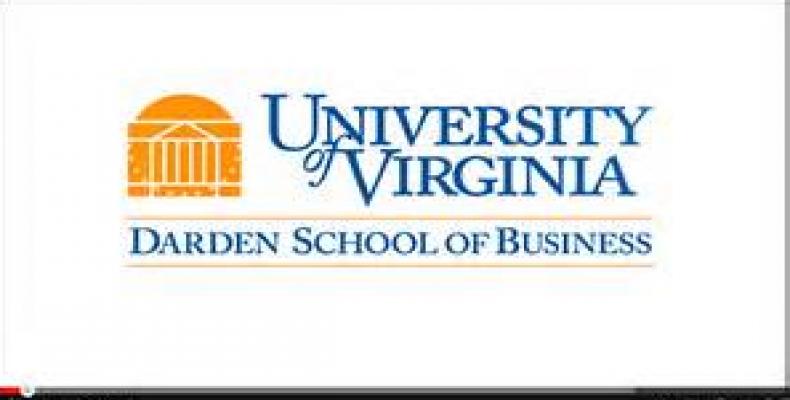Virginia, Mar 31, (RHC), – Thirty students from the University of Virginia were some of the first US citizens to come to Cuba after the December 17 announcement by presidents Barack Obama and Raul Castro to reestablish diplomatic relations and upon returning home the students, from the Virgina University´s Darden School of Business told their Cuba experience.
According to Virgina public radio and other local media, the students and their professors made surprising discoveries on the island. Professor Greg Fairchild, who has been to many developing nations, said that arriving at airports can produce a cultural shock, but he adds: “Something I was accustomed to and prepared for is we would land, and they would know we were Americans, and we’d be swarmed with an effort to get money or deliver us or something. Well in fact, 30 of us roll in with our bags. Not a single person stops us, accosts us: ‘Can I help you, can I sell you?’ None of that.
The report on the Virginia media also cites student Amiel Harper who while was surprised by the signs or posters supporting the revolution. It’s not just about Fidel. It’s much more about the communist system and the value of the revolution to the people. There’s one billboard that said the blockade was the longest running human tragedy in the world, ” said the student cited in the report.
The student also acknowledged the warm hospitality of the people by explaining that “We ate in these places called Paladares or private restaurants, which is actually people’s homes. You go into someone’s house. They cook you dinner, and you pay them for it. I felt very warmly welcomed by the people there, particularly being African-American.”
And in this same regard, John Michael Fryback went in search of family he said that “ we took a 1957 Chevy out about three hours from Havana to this small town called Palmira, and we were able to locate my second cousin, twice removed, who’s still living in the house that my great, great, great grandfather built in 1894.” His cousin was a respected educator at a university nearby – a man who had written textbooks.
Laura Redden, another student who made the trip, was impressed by the entrepreneurial spirit she saw in Cuba. Everyone seemed to be hustling to make ends meet and to get what they needed. After buying art at a local shop, the owner admired her handbag. “When I was on my way out of the store, and she was like, ‘Or I could take your purse, and then I’ll give you your money back for the painting you had just purchased,’ and I said, ‘Okay,’” according to the Virginia report.
Cuba, they all agreed, has many challenges to face and they said about their concerns about the flood of US tourists that could be coming to the island, a country totally foreign to capitalist advertising.


